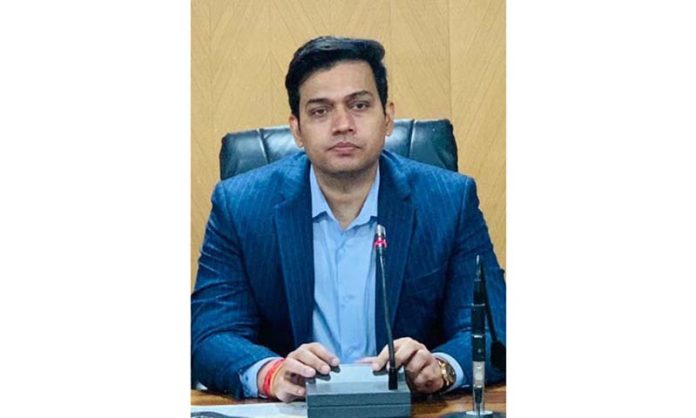
AIMIM chief Asaduddin Owaisi (File photo) NEW DELHI: The Supreme Court on Thursday agreed to consider Asaduddin Owaisi 's plea, along with similar petitions, seeking implementation of the 1991 places of worship law. The matter will be taken up for hearing on February 17. Owaisi's plea sought implementation of the 1991 law, which asks to maintain the religious character of a place as it existed on August 15, 1947.
The All India Majlis-e-Ittehadul Muslimeen (AIMIM) chief filed the plea on December 17, 2024, through advocate Fuzail Ahmad Ayyubi. Owasi filed his plea days after a bench headed by Chief Justice Sanjiv Khanna restrained all courts from entertaining fresh suits and passing any interim or final orders in pending cases seeking to reclaim religious places , particularly mosques and dargahs. "As the matter is sub-judice in this court, we deem it appropriate that no fresh suit would be registered and proceedings are undertaken till further orders of this court," the CJI-led bench had said on December 12 while acting on a batch of similar pleas against the 1991 law.

Owaisi, in his plea, has also sought a direction to the Centre to ensure effective implementation of the law, his counsel told news agency PTI. He also referred to instances where several courts had ordered survey of mosques on pleas by Hindu litigants, he said. Pleas of the Muslim side have also sought strict implementation of the 1991 law to maintain communal harmony and to preserve the present status of mosques, sought to be reclaimed by the Hindus side saying temples existed in these places before invaders razed them.
What is Places of Worship Act? The 1991 Places of Worship (Special Provisions) Act prohibits conversion of places of worship, provides for the maintenance of religious character as existed on Aug 15, 1947. The Act, however, made an exception for the Ram Janmabhoomi site, which formed the foundation of the Supreme Court's 2019 verdict in the Ayodhya case , granting the disputed land at Ayodhya to the child deity Ram Lalla. What does Hindu side say? Petitions argue that the Places of Worship (Special Provisions) Act was arbitrary, contending that: a) There was no valid justification for establishing August 15, 1947, as the cut-off date, and b) No logical connection exists between India's political independence, the formation of the Republic, and addressing the civilizational conflict arising from the colonial suppression of Hindu identity and the cultural dominance imposed by Islamic invaders.
Don't miss the yearly horoscope 2025 and Chinese horoscope 2025 for Rat , Ox , Tiger , Rabbit , Dragon , Snake , Horse , Goat , Monkey , Rooster , Dog , and Pig zodiac signs. Spread love this holiday season with these Happy New Year wishes , messages , and quotes ..















